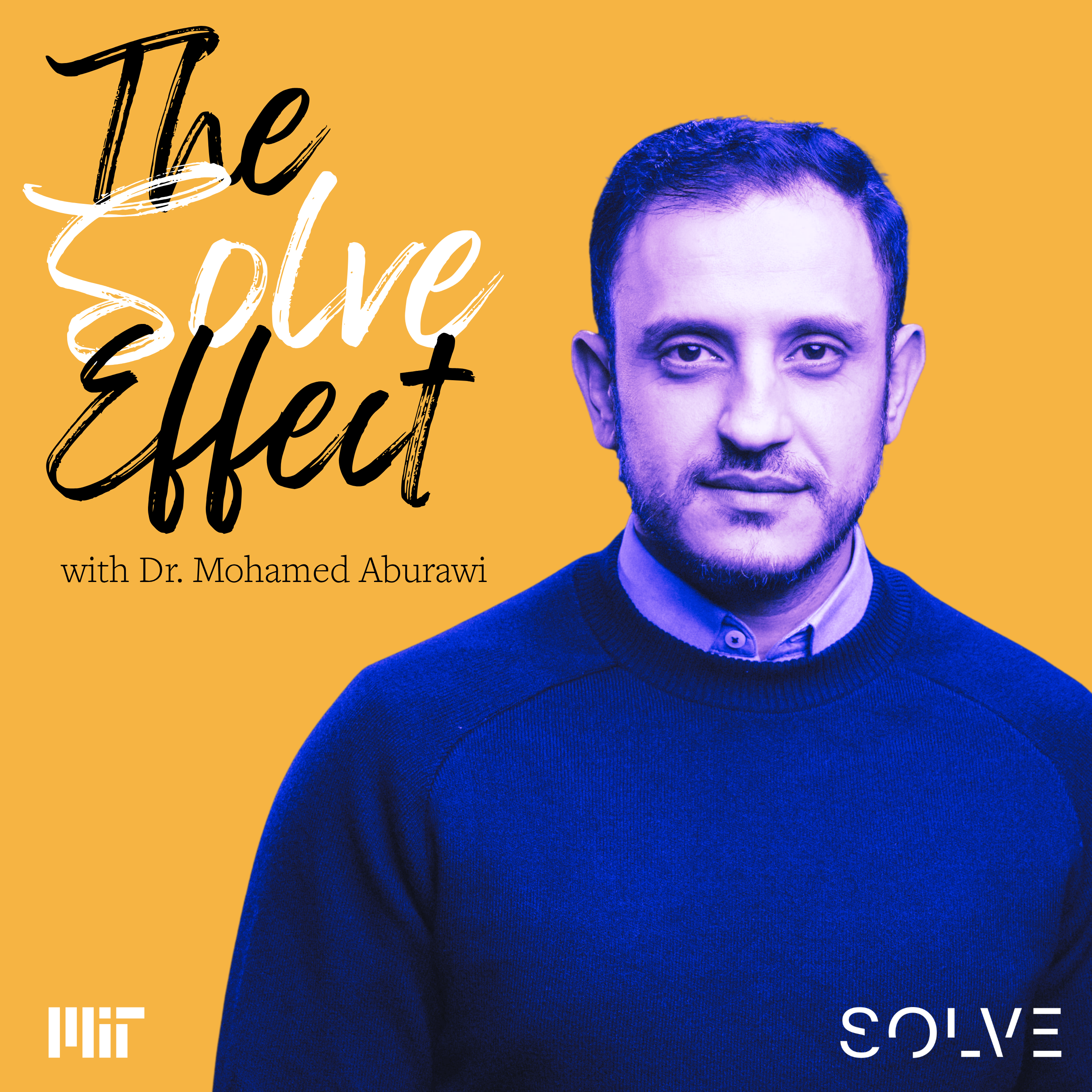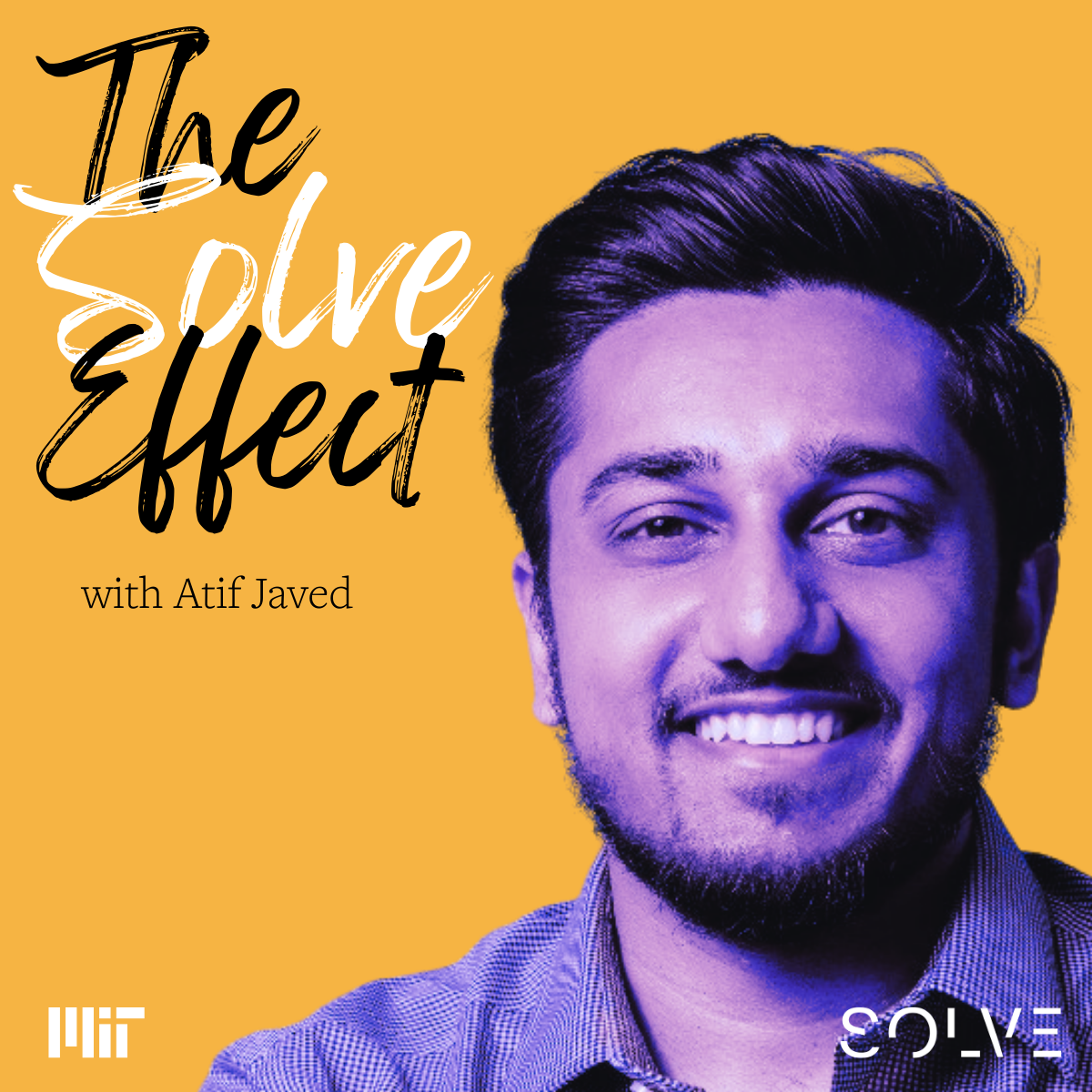
How 400+ Journalists Are Rewriting the Story of Alzheimer’s in America
“My dad had Alzheimer’s. When I had to move him into a community, they asked me to fill out a 20-page questionnaire about his life.” —Jay Newton-Small, CEO of MemoryWell. “Instead I said, ‘Hey, I’m a journalist. Why don't you let me tell his story?’ I did, and it transformed his care.”
According to the Alzheimer’s Association, deaths from the disease have increased by 89 percent since 2000, and more than 15 million people are providing unpaid care to people with Alzheimer's or other forms of dementia. Jay, a former TIME Magazine journalist, had an idea to support both patient and caregiver.
Inspired by her own experience with her father who was battling Alzheimer’s, Jay decided to write his life story to help keep his memories alive and to give his caregivers a better understanding of who he was—beyond his disease.
What began with one story grew into hundreds as she recruited her writer friends to join the project. Over and over again for Jay, they “realized the impact that an amazing story, simply told, could have in a person’s life.”
The stories transformed patients’ experiences and turned their caregivers into their champions. With this success, the concept for MemoryWell was born.
MemoryWell just launched a funding round to build their platform. If you’re interested in investing, reach out at solve@mit.edu.
MemoryWell now represents a network of over 400 journalists who are interviewing families and writing the life stories of those living with Alzheimer's and dementia, all with the aim of improving their care.
Since many care facilities don’t have wifi, MemoryWell’s stories are easily printable and can be integrated into patient care plans.
The company also runs a mobile-friendly digital platform that houses the stories. Family members can upload the patient’s favorite music, art, videos, or readings to the platform so that whoever is sitting with them — whether it’s a grandchild or a paid caregiver — can access a whole toolbox of personalized content.
According to Jay, there’s a lot of research that shows that life storytelling can have an enormous impact on those living with Alzheimer's and dementia. Not only can it build empathy between caregivers and family members, but it can also reduce depression, increase dexterity, and possibly even reduce prescription drug use. MemoryWell hopes to contribute to the research in this area.
Today, MemoryWell is in almost a dozen homes for those living with Alzheimer’s or dementia. Having already piloted the platform in one national chain of assisted living facilities, MemoryWell is now in talks to pilot with four additional national chains.
In September, Jay was selected as a Solver in the Brain Health Challenge and chosen received the Arts and Culture Mentorship Prize curated by Yo-Yo Ma.
Read Jay Newton-Small’s story that started it all, written about her father Graham. And, watch her pitch MemoryWell at the Solve Challenge Finals in September 2017 before becoming a Solver:
Read the solution application for MemoryWell. Interested in partnering with them as they scale for global impact? Solve wants to hear from you. Reach out at solve@mit.edu.
Jay Newton-Small pitches MemoryWell at the Solve Challenge Finals in the Brain Health Challenge, September 17, 2017. (Photo by Samuel Stuart / MIT Solve)
Watch more from this series:
Previous post: Kolorob Jobs
Next post: Fresh Direct Nigeria
Tags:
- Health
Related articles
-
A Visionary Healthcare Innovator: Dr. Mohamed Aburawi on Tech, Healthcare, and Impact Investing
In the newest episode of The Solve Effect, Dr. Mohamed Aburawi shares how building in crisis can spark innovation that lasts.
-
Powered by Purpose: E Ink’s ePaper Technology Takes Aim at the World’s Toughest Problems
Because it draws power only when an image changes—and none at all while static—ePaper reduces energy consumption by orders of magnitude. That single breakthrough unlocks net-zero transit signs, off-grid medical notebooks, and other applications that traditional screens simply can’t power sustainably.
-
The Solve Effect Podcast - Episode 4 - A Tech Maximalist: Atif Javed on Human Connection Through Technology
What happens when a childhood experience becomes the seed for a global movement? In this episode of The Solve Effect, host Hala Hanna sits down with Atif Javed, co-founder and Executive Director of Tarjimly, a nonprofit that connects tens of thousands of volunteer translators with refugees and displaced people worldwide.